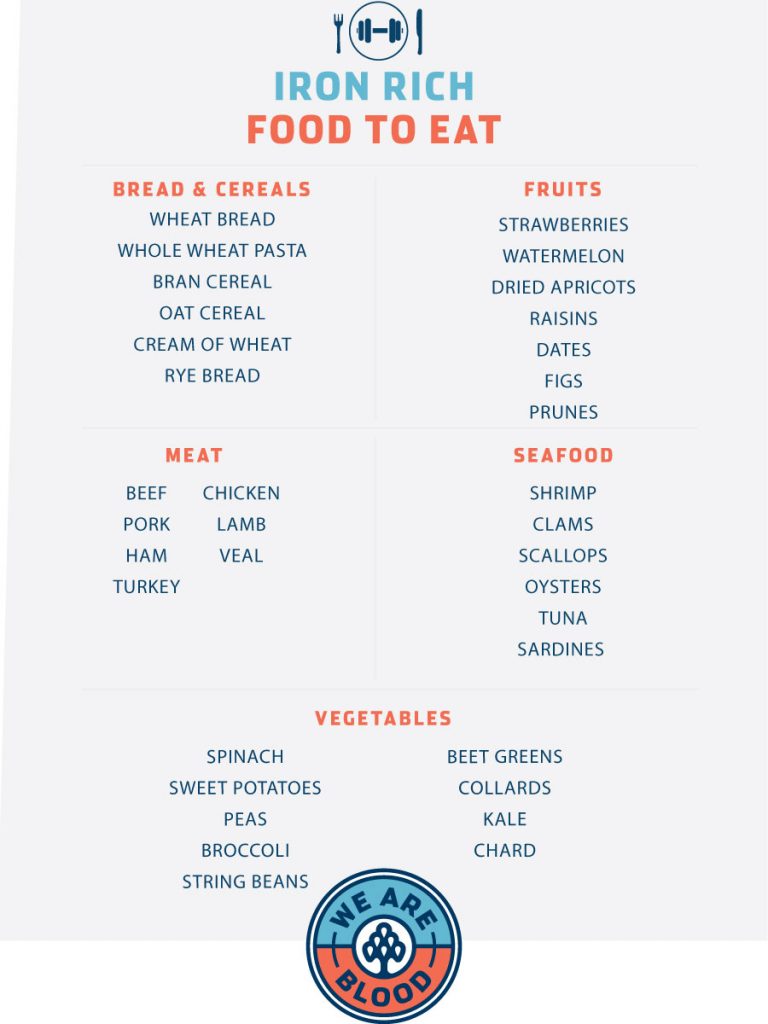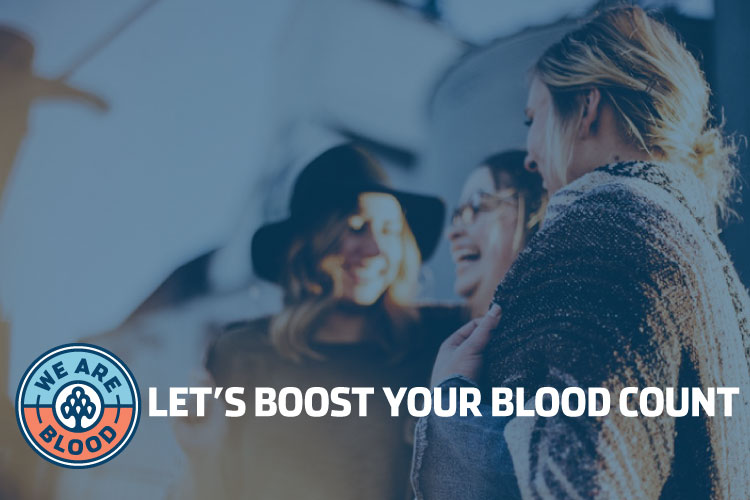It’s a common challenge, and it’s not fun when it happens to you. The person performing your donor screening says those the dreaded words, “I’m sorry, but you can’t donate today due to your hematocrit levels.”
WHAT?!?
You might be asking yourself, “What on earth is my hematocrit level? And why is it preventing me from donating?”
Low hematocrit is one of the most common reasons our donors are deferred from blood donation. But even if you’re temporarily deferred as a blood donor because of a low hematocrit level, you should still consider trying again! In many cases, a simple change in your diet can be all it takes to increase your hematocrit level enough to become eligible again.
First things first: what is a hematocrit?
Basically, your hematocrit is a measurement of red cells to the total volume of your blood. We measure it using that tricky little finger prick that everyone loves to hate.
For men, a hematocrit level acceptable for blood donation is between 39%-60%. For women, that range is 38%-60%.
Why does a low hematocrit level mean you can’t donate today?
In short, it’s for your own safety. If we were to draw blood after discovering your hematocrit level was low, we would be putting you at risk of developing anemia.
Because red blood cells carry oxygen through your body, and because we remove some of those red blood cells (and their iron stores) when you make a donation, we have a duty to make sure you have enough red blood cells circulating to stay healthy after blood donation. If we didn’t, you could end up not feeling well after donating blood. Or worse yet, you could be putting yourself at a serious health risk.
So, how can you raise your hematocrit level anyway?
A diet rich in iron helps promote blood regeneration. Take a look at the foods listed below and think about incorporating them more heavily into your diet.
If you want to help your body absorb all this added iron, make sure you increase your Vitamin C intake, too! We also advise avoiding caffeinated beverages like tea and coffee during and after meals, because caffeine tends to decrease your iron absorption.

Oh and we almost forgot the most fun fact of all: red wine is FULL of iron-boosting goodness. Consider having a glass the night before you donate for an added iron boost. As long as you’re of legal age, of course.


